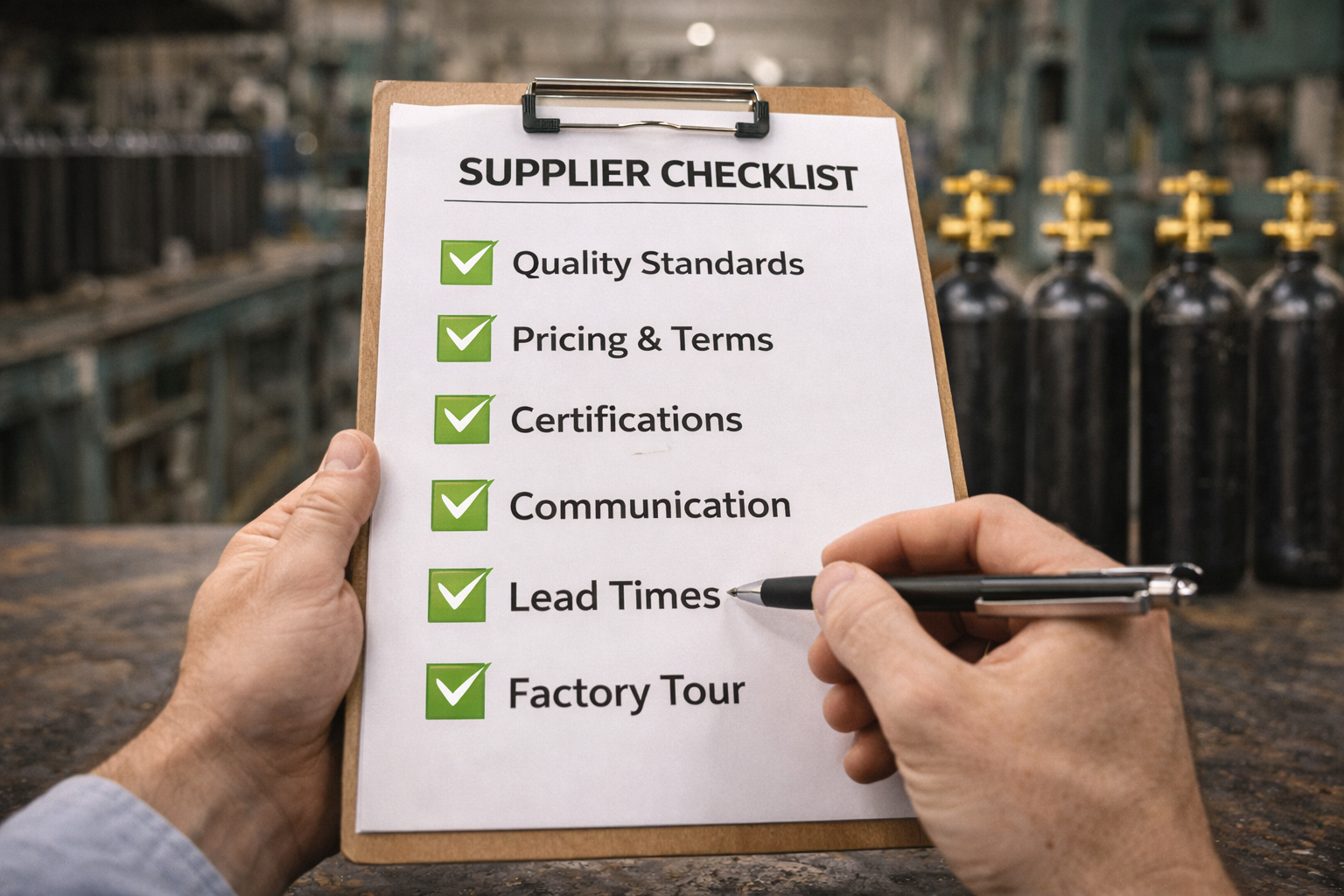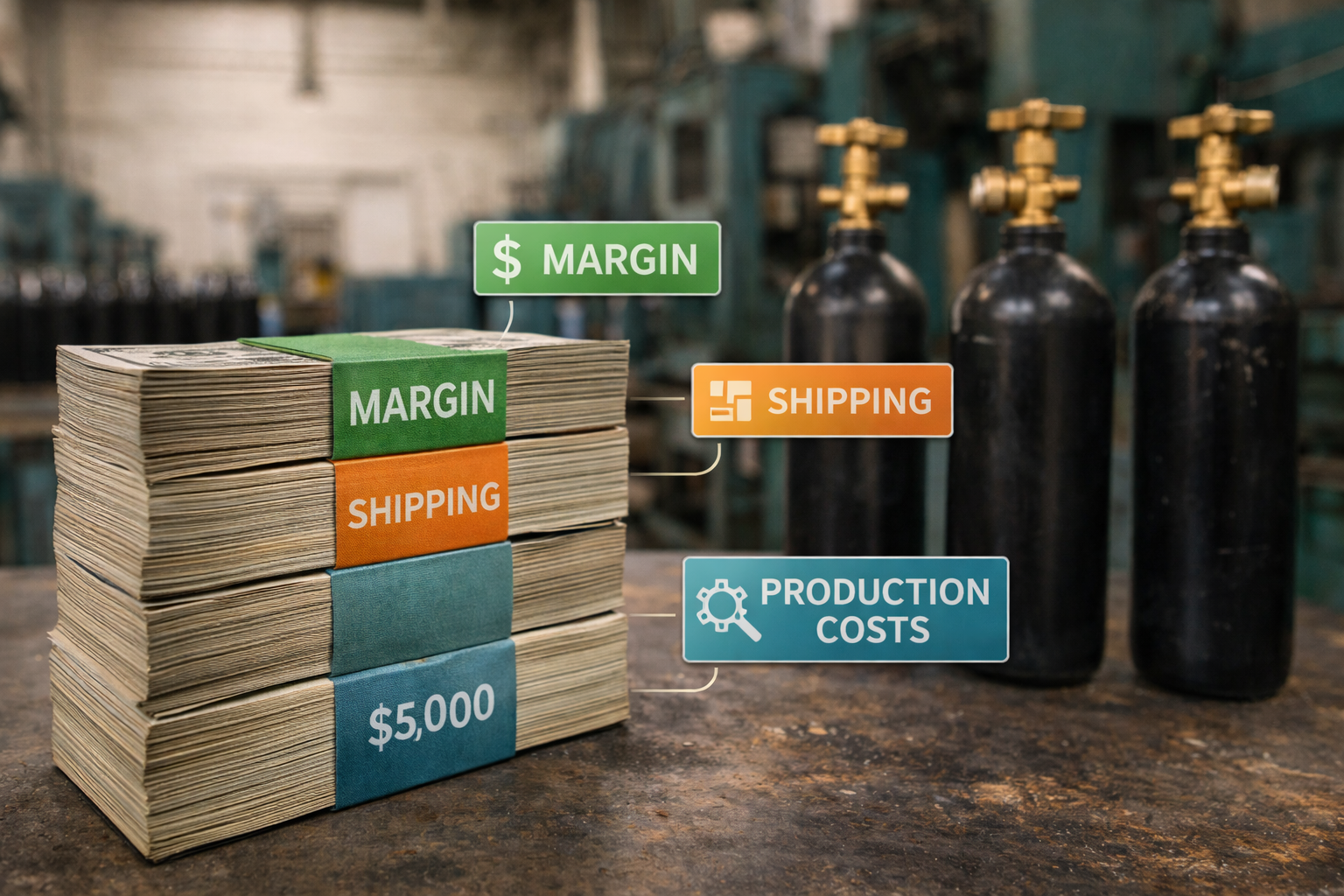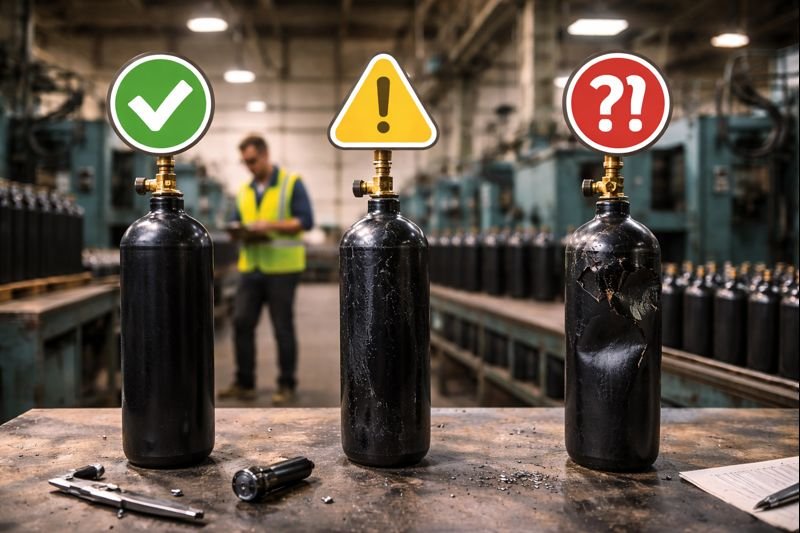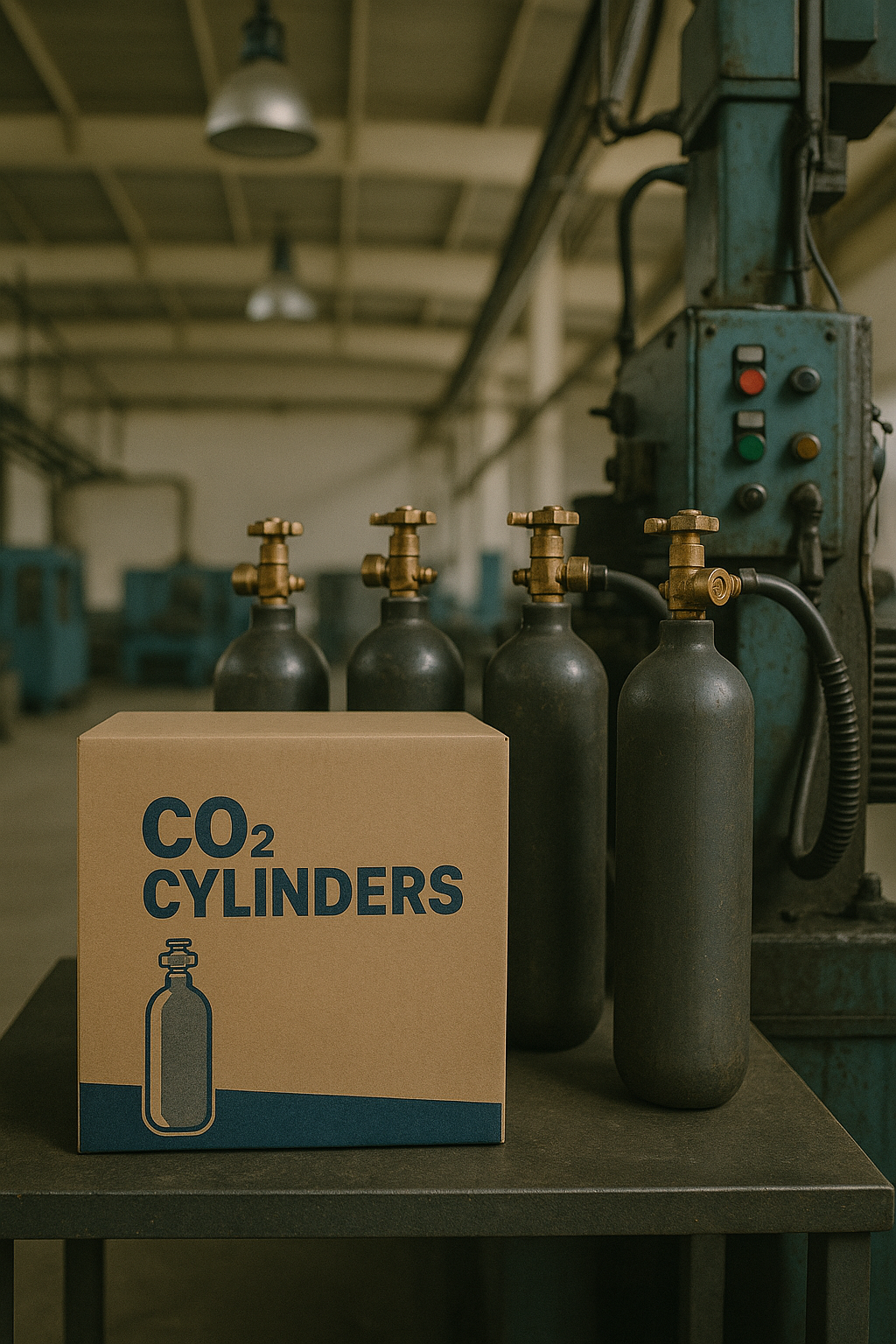I used to send quotes in seconds. A customer would email: “What’s your price for 6.8L HPA cylinders?” and I’d reply right away. Fast response, right? But often, the conversation ended there.
Now, before I quote, I ask questions. Not about the price — about their real pain points. Because in paintball, what people say they want and what they actually need are two different things.
I learned this the hard way — too many lost deals, too many unsatisfied customers. Over time, I realized: real business begins after you ask “why.”
Table of Contents
Why most paintball buyers don’t tell you what they really need?
Many paintball distributors tell me, “I just need the best price.”
But when we talk a bit longer, I find out they also want reliable shipping, fast lead time, or custom branding to stand out in their local market.
Most buyers focus on price because they assume suppliers don’t care about their bigger picture. But as a factory, I’ve learned that understanding their challenges — not just their budgets — leads to better cooperation.
The hidden truths behind a “simple quote”
| What they say | What they really mean |
| “Your price is high.” | “I’m comparing you with uncertified factories.” |
| “We only want a small order.” | “We need to test if our market is ready.” |
| “We don’t care about packaging.” | “We actually want something that looks premium, just affordable.” |
I started to see that every conversation is an opportunity to solve a real business problem — not just sell a cylinder.
How asking the right questions changed my relationships with clients
One of my favorite clients from Poland once told me, “You were the only supplier who asked how we plan to sell the product before giving a quote.” That question changed everything.
Asking the right questions builds trust — it shows that I’m not just a seller but a partner who thinks beyond the invoice.
When I ask:
- “Do you sell to fields or retail stores?”
- “Do you refill or sell disposable tanks?”
- “Are you planning OEM branding?”
The answers shape not only the price but also the packaging, certification, and logistics solution.
This approach made our business smoother, fewer misunderstandings, and stronger partnerships that last for years.
Why this matters for both sides
When I understand what keeps my clients awake at night, I can help them avoid costly mistakes — like shipping the wrong certification to the EU or choosing the wrong valve thread.
In B2B, empathy is a business strategy. Understanding before quoting saves both time and trust.
And to be honest, I also save myself trouble.
Because every question I ask early means fewer problems later — fewer complaints, fewer urgent reprints, fewer “can you fix this?” messages at midnight.
Conclusion
Behind every quote, there’s a story. I just choose to listen to it before I speak numbers. That’s how real partnerships begin.






